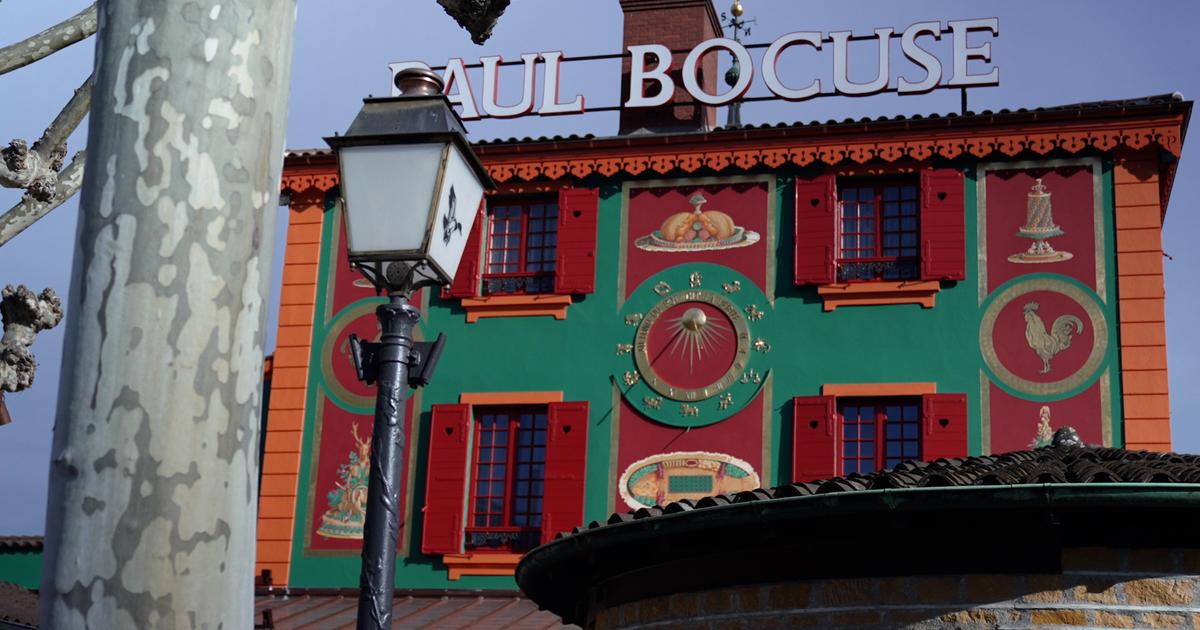Bea Crespo
When you chain several days away from home, in that semi-nomadic life that some of us lead for work, there are nights when you want to escape the desolation of hotel room service, but you do not have the mood of a restaurant either. The body asks you for a homemade dish, a classic sandwich, something similar to what you would have dinner at home. Then you look for a bar, a tavern, a slum, a place like the one on the corner of your street 20 years ago: tin bar, boat, today it is not trusted, there is chorizo from my town, pennant of the football team of which the owners are fans and, if the atmosphere was bullfighting, a faded poster of the San Isidro Fair of 1932. If you are not on the periphery of a big city or on the edges of an industrial estate, you will search in vain for a similar scenario. All that the tour will offer you will be franchise brands, dimly lit burgers, names in English or Italian and an abuse of gourmet and gastro as affixes (gastrotavern, gastrobar, gastroteca ...).
I do not intend to make unfair competition to the colleagues of the Gastro section. Nor am I going to start out of nostalgia: do not expect from me an elegy to the usual Spanish bar. If I talk about them it is because their disappearance and replacement by that marabunta of franchises designed in international studies is the dominant note of the change of landscape that has occurred in the centers of the large Spanish cities. Those normal places, whose business was to offer something homemade and cheap to a clientele that asked for a wine without distinguishing denominations of origin, have become so exotic that in some fashionable neighborhoods they even recreate them: there are already chains of false taverns-Madrid-of-all-the-life that exalt a casticismo so ramplón that it does not convince even the waiter who played Mario Vaquerizo in that video of tourist promotion of Madrid.
On those sad nights in which I do not resign myself to room service, I do not miss the usual bar or the fritangas of our grandmothers, but life without pose: a space and a time without liturgies, where nothing is demanded of anyone and things do not have the slightest importance because they feel circumstantial and utilitarian. What we do without thinking or paying too much attention.
There are no more places like that. They all deliver experiences, harass customers with surveys, and saturate phrases with adjectives and PR jargon. Getting into a taxi to get from point A to B has also become a significant moment that both the traveler and the taxi driver evaluate (that is, they are obliged to meditate on the journey). Catching a train, pouring gas, buying a book in a refined bookstore or plugging in a streaming playlist require great self-awareness and reflection. Even the airport controls end with a satisfaction survey: have we been nice to force him to take off his shoes? Assess from one to five the degree of humiliation you have felt in the search. We are committed to quality: next time we will humiliate you better.
This sublimation of experience has gone hand in hand with a tendency to ennoble the seedy. If every experience is meaningful, anything is susceptible to nobility. Again, it is the culinary area where it is most appreciated, although it happens in any sale: the 10 best hamburgers or tortilla skewers, pizzas, patatas bravas, falafeles ... Anything simple and popular, of which there are hundreds in all neighborhoods, is presented as exclusive. Formerly, in the United States, the label "best pizza in town" was a claim for gañanes and zampabollos accustomed to eating with their fingers. Today he goes to his call people with respectable spirit and asks, along with the most bombastic name burger possible, awarded at the Cannes Festival of hamburgers, the wine list. There has thus been a democratization of snobbery, in which we are expected to behave in the pizzeria like the Baron de Charlus in the salon of the Duchess of Guermantes.
In this operation, the seedy has disappeared from the landscape. I'm talking about seediness as a category, not necessarily derogatory. The seedy not only as a bastard expression of popular taste, but as a proud resignation, if there can be pride in throwing in the towel. The shabby as an opposition to the conventions of etiquette and as part of the carefree living.
The shabby only exists, like so many other things of yesterday, such as simulation and self-parody. It is still valid, but in the peripheries, where the cameras of the Callejeros program were going to look for it to offer it to an audience that perceived it as exotic. This phenomenon has attracted the attention of some Spanish essayists.
Alberto Olmos, in Cheap Lives: Praise of the Seedy, reflects on the contempt that continues to inspire the cochambre of which much of the country is made, contempt expressed in its postmodern recreation in the center of the cities. The philosopher Jorge Freire, in Agitation and Become who you are, highlights the hyperactive exhaustion of the pose, which saturates life with significant experiences to drown any attempt at serenity that promotes self-knowledge and enjoyment of life as it is presented. In a more generational millennial key, Héctor García Barnés speaks in Futurofobia of the affordable and false luxury that dominates the privatized public space, which hides inequality and consoles poverty. Everyone meditates on the imposture, ridicule and banality of a world unable to look in a mirror and increasingly addicted to the most addictive of drugs: self-deception.
It wasn't always this way. The seedy as that stronghold of freedom that the snobs sought when they wanted to attack the authentic people was masterfully portrayed by the comiquero Ivà in a strip of Makinavaja from El Jueves (I quote it from memory): a bald man similar to Vázquez Montalbán enters the bar of the Pirate accompanied by two ladies dressed in skins. The ladies feel disgust and fear, but the cicerone reassures them: they are in a tavern in old Barcelona, before the good and eternal people who preserve the flavors that the bourgeoisie has destroyed. Bent at the bar, Maki and Popeye wonder who these stretched guys are, and someone clarifies that he is a writer "very famous who is doing a program for utonymic television".
Today the scene would be impossible: the bar of the Pirate is the Gastropirata, and the ladies would enjoy a cocktail menu inspired by the crime of the old Chinatown of Barcelona, in an exquisite exercise of postmodern irony that would be commented with five stars in the culinary section of the local newspaper.
And, meanwhile, there is no way to eat lentils without adjectives in the center of Madrid.
Sign up for the weekly Ideas newsletter here.
75% discount
Subscribe to continue reading
Read without limits
Read more
I'm already a subscriber









